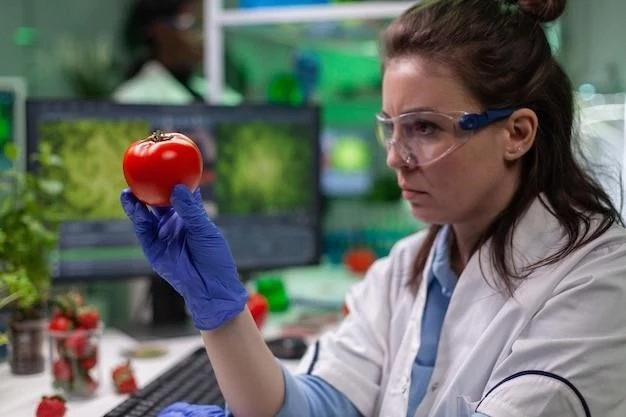Food science is a fascinating field that explores the science behind the food we eat. It’s a multidisciplinary field, drawing upon principles of chemistry, biology, microbiology, engineering, and nutrition, among others. This article will delve into the basics of food science, providing a foundational understanding for anyone interested in this intriguing subject.
What is Food Science?
Food science is the systematic study of the physical, chemical, and biological properties of food and how these properties affect food processing, preservation, safety, and quality. It’s about understanding how different ingredients interact with each other, how processing methods influence food characteristics, and how to ensure food is safe and nutritious for consumption.
Key Disciplines Within Food Science:
Food science encompasses a wide range of disciplines. Here are some key areas:
- Food Chemistry: This branch focuses on the chemical composition of food and how different components, such as carbohydrates, proteins, fats, water, and vitamins, interact with each other during processing and storage.
- Food Microbiology: This area studies the role of microorganisms, both beneficial and harmful, in food. It covers topics like fermentation, food spoilage, and foodborne illnesses.
- Food Processing: This discipline explores various methods used to transform raw ingredients into edible food products. It includes techniques like heating, cooling, freezing, drying, and packaging.
- Food Engineering: This field applies engineering principles to design and optimize food processing equipment and systems, ensuring efficiency and safety in food production.
- Sensory Science: This area focuses on how consumers perceive food through their senses of sight, smell, taste, touch, and sound. It plays a crucial role in product development and quality control.
- Food Safety: Ensuring food safety is paramount in food science. This discipline focuses on identifying and controlling potential hazards throughout the food chain, from production to consumption.
Why is Food Science Important?
Food science plays a vital role in our modern world. Here’s why it’s so important:
- Food Safety and Preservation: Food scientists develop techniques to prevent food spoilage and foodborne illnesses, ensuring the food we eat is safe and healthy.
- Food Quality and Sensory Appeal: Through research and development, food scientists enhance the taste, texture, appearance, and overall quality of food products, making them more appealing to consumers.
- Food Availability and Accessibility: Food science contributes to making food more available and accessible to people around the world, addressing issues of food security and malnutrition.
- Food Innovation and Sustainability: Food scientists are constantly innovating, developing new food products, and improving existing ones, while also exploring sustainable food production practices.
Food Science in Everyday Life:
We encounter the principles of food science every day, often without even realizing it. Here are some examples:
- Cooking and Baking: Applying heat to food triggers chemical reactions that alter its texture, flavor, and digestibility. Understanding these reactions is fundamental to cooking and baking.
- Food Preservation: Techniques like refrigeration, freezing, canning, and drying are based on food science principles that slow down or prevent microbial growth, extending the shelf life of food.
- Food Labels: The information provided on food labels, such as nutritional content, ingredients list, and allergy warnings, is a result of food science research and regulations.

Careers in Food Science:
A career in food science offers diverse opportunities for those passionate about food and its impact on our lives. Here are some potential career paths:
- Food Scientist: Conduct research and development of new food products, improve existing ones, and ensure food safety and quality.
- Food Technologist: Apply scientific knowledge to solve practical problems in food processing, packaging, and distribution.
- Quality Control Specialist: Ensure food products meet safety and quality standards throughout the production process.
- Sensory Scientist: Analyze and interpret consumer perception of food products, guiding product development and marketing.
- Food Safety Inspector: Enforce food safety regulations and standards, inspecting food processing facilities and products.

Conclusion:
Food science is a captivating field that impacts our lives daily. By understanding the basic principles of food science, we can make more informed choices about the food we eat, appreciate the complexities of food production, and explore the exciting career opportunities this field offers. As our understanding of food science continues to evolve, so too will our ability to create a safer, healthier, and more sustainable food system for all.










